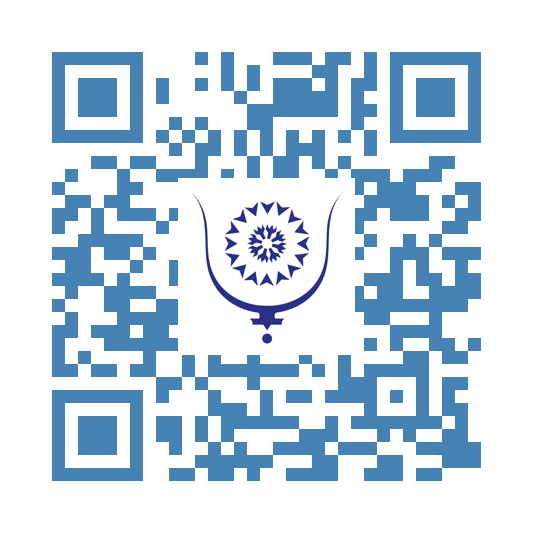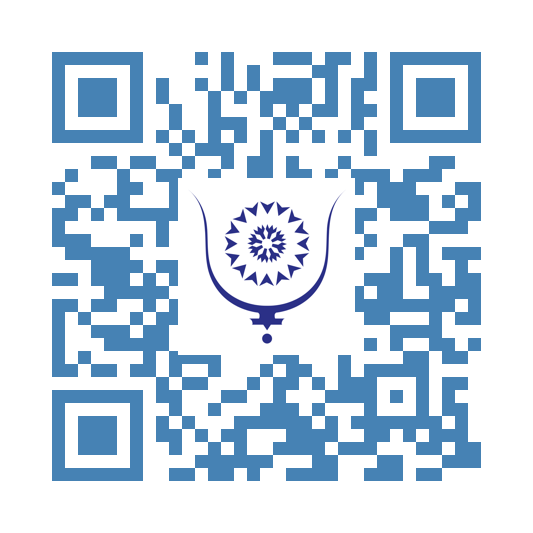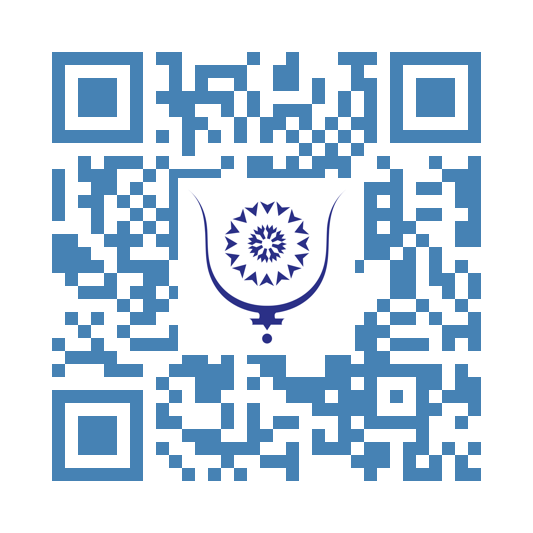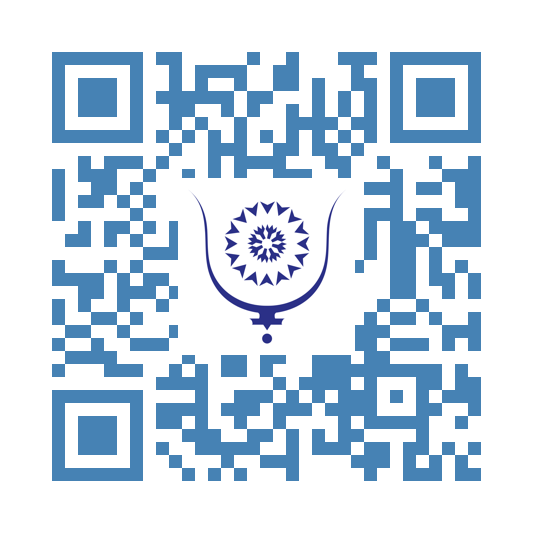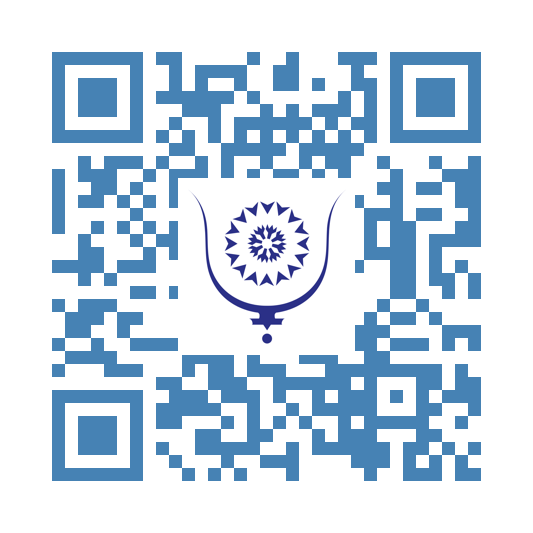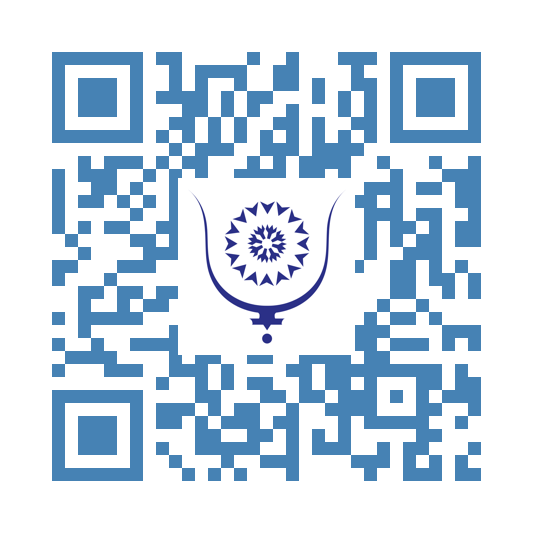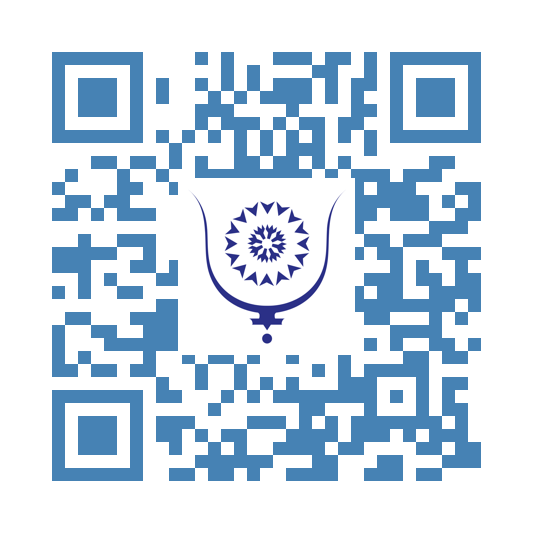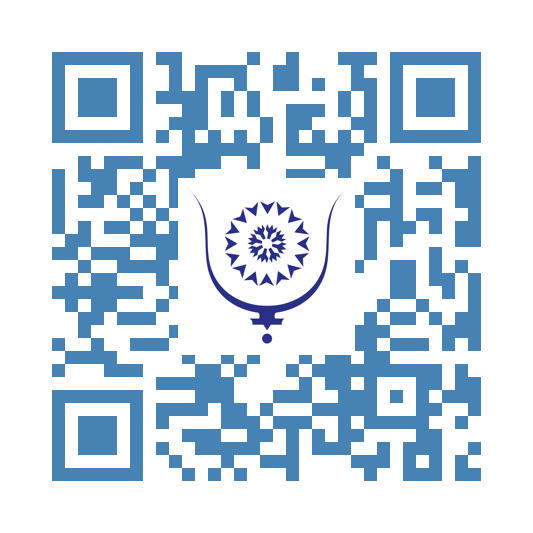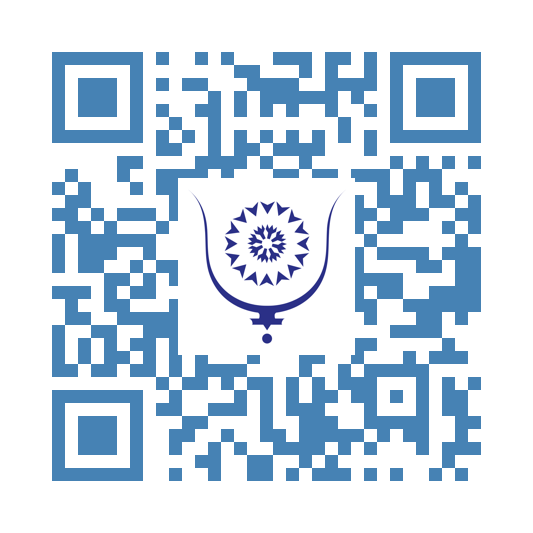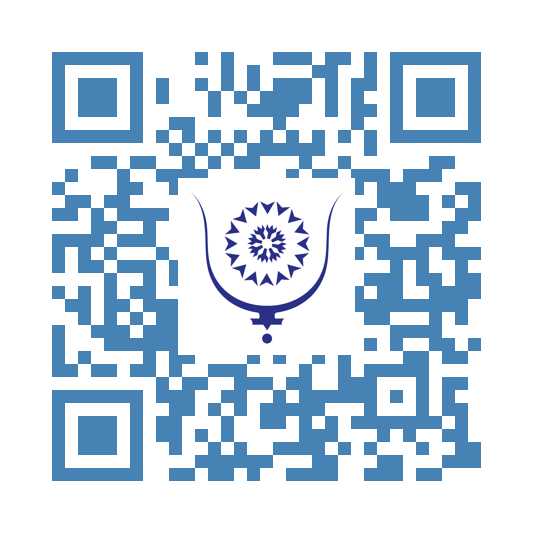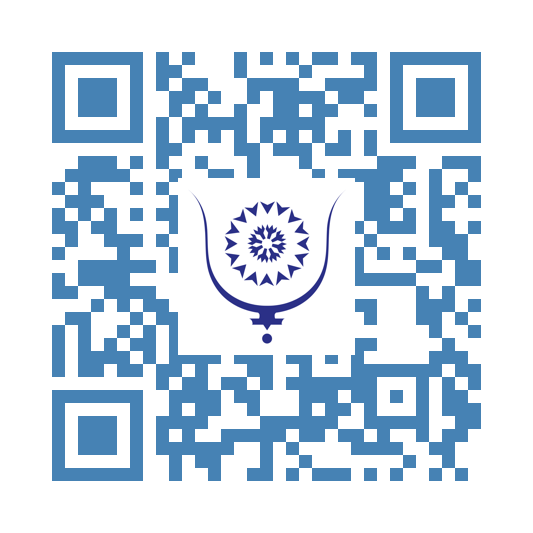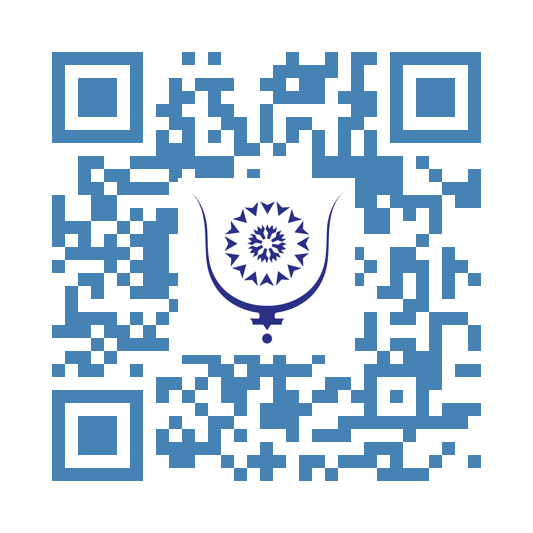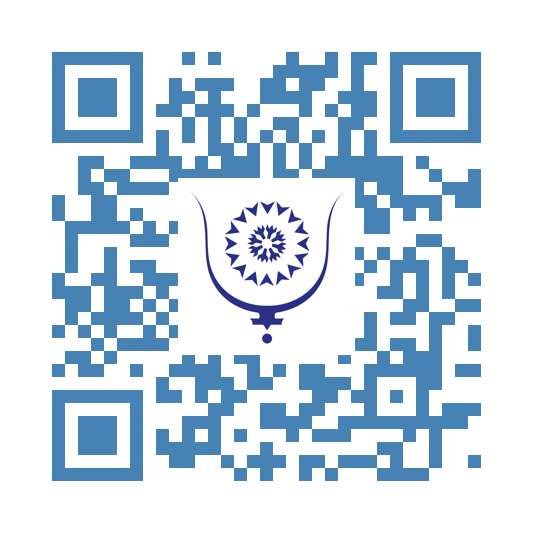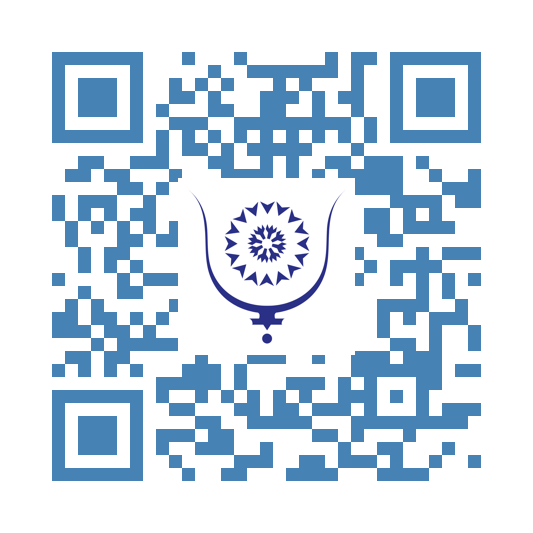Moroccan Policy in Africa: An Engaged and Unifying Dynamic
5032
Under the reign of His Majesty King Mohammed VI, Morocco pursues a proactive and inclusive African policy aimed at strengthening its economic, political, social, and cultural ties with the continent. This strategy favors pragmatic bilateralism, promoting African economic integration, south-south cooperation, and strategic partnerships. Agreements have been signed with over 40 African countries. Morocco’s return to the African Union in 2017 marked a major turning point in this strategy and became a true accelerator. The Kingdom is also interested in the African Continental Free Trade Area (AfCFTA) as a growth driver.
Among key projects in this perspective is the Nigeria-Morocco gas pipeline, stretching 5,600 km. It will connect West Africa to North Africa and transport around 30 billion cubic meters of natural gas per year. It will improve energy access for no less than 400 million people across 13 countries. This project fits within Morocco's energy transition strategy. Estimated at more than 25 billion dollars, it heralds major benefits for energy security and regional development through complementarity.
Morocco is also strongly committed to education and skills training, offering nearly 15,000 scholarships annually to students from 49 countries. About 20,000 African students are welcomed each year in fields such as engineering, medicine, finance, and social sciences, thanks to the Moroccan Agency for International Cooperation (AMCI). This ambitious program aims to train a new generation of leaders and strengthens scientific and cultural exchanges.
The Moroccan economy is well established in Africa, with over 1,000 companies active in banking, real estate, telecommunications, agriculture, and infrastructure sectors. Attijariwafa Bank, BMCE Bank of Africa, and Groupe Banque Populaire operate in more than 26 countries, generating hundreds of millions of dirhams in Sub-Saharan Africa. These institutions, with 45 subsidiaries and 4 branches, realize about 23% of their turnover on the continent, facilitating project financing and regional financial integration. Wafa Assurance and the Saham Group also strengthen this presence in numerous countries.
The Moroccan health system, known for its modern infrastructure and skilled personnel, attracts thousands of Africans annually for various treatments, reinforcing human ties. Morocco also develops projects in sustainable agriculture, renewable energy, vocational training, and infrastructure, supported by the Mohammed VI Foundation for Sustainable Development. More than 60% of Moroccan foreign direct investment (FDI) targets Africa.
Morocco’s trade with Africa remains modest compared to its total foreign trade: around 7 to 8%. However, this margin for growth is very large and promising. Trade volumes have significantly increased. In 2023, total trade volume between Morocco and African countries reached 52.7 billion dirhams, representing a 45% rise compared to 36 billion dirhams in 2013, with an average annual growth of about 10%.
Maroc Telecom, active in 10 countries, serves approximately 54 million customers, contributing to digital integration. Groups such as Ynna Holding, Alliances, and Addoha lead major projects in several countries, notably housing and hospital construction.
In agriculture, OCP Africa operates in 18 countries, training over 1.5 million farmers and providing fertilizers tailored to local soils and farming types. Its Agribooster program facilitates access to inputs, financing, and markets, boosting productivity and food security. OCP also invests in fertilizer blending and storage units across several countries and collaborates on innovative projects with USAID and the World Bank, including green ammonia production.
SOMAGEC, a major Moroccan port operator, carries out projects in Equatorial Guinea, Senegal, Mauritania, Benin, and Djibouti, employing thousands. Africa Motors, a subsidiary of Auto Hall, develops automotive production and distribution in partnership with Dongfeng for several African markets.
Sport is also a cooperation lever: the Royal Moroccan Football Federation has signed more than 43 partnerships with African federations.
Through its companies and projects, Morocco consolidates its key role in African development, based on solidarity, economic integration, and shared prosperity, eliciting both jealousy and recognition.
Moroccan cooperation in Africa is a strategic pillar built on sharing expertise, economic development, and strengthening cultural ties. Thanks to its geographic and historic positioning, Morocco plays a major role in regional integration, supporting infrastructure, training, and innovation projects. This cooperation is characterized by a lasting commitment to promote peace, security, and sustainable development across Africa. The proposed opening-up of the Sahel countries through the future port of Dakhla will undoubtedly accelerate this integration for the benefit of hundreds of millions of Africans.
The idea to build ports like Dakhla relies heavily on Morocco’s strategic geography. This is evident on the map: Morocco has a coastline of over 3,500 km, facing Europe, West Africa, and the Americas. Dakhla, in particular, lies halfway between Europe and Sub-Saharan Africa, making it a natural maritime waypoint. Morocco’s Atlantic coast is on the route linking the Mediterranean (via Gibraltar) to West Africa and the Americas, capturing a portion of global logistic flows. Morocco is less than 15 km from Europe at Gibraltar and simultaneously connected to West Africa. The port of Dakhla fits this logic: serving as a logistical and industrial hub between the two continents. The Dakhla area offers favorable natural conditions: deep waters and low swell, allowing the construction of a port capable of accommodating large ships, a rarity on the West African coast.
With the Continental Free Trade Area, a port like Dakhla will allow Morocco to be an entry point for commercial flows to West Africa and beyond to Mali, Niger, Senegal, Côte d’Ivoire, and more.
Morocco has understood this, as have its African partners. The future will be bright, hand in hand.
Share:
Moroccan Policy in Africa: An Engaged and Unifying Dynamic
copy:
https://bluwr.com/p/371553228

